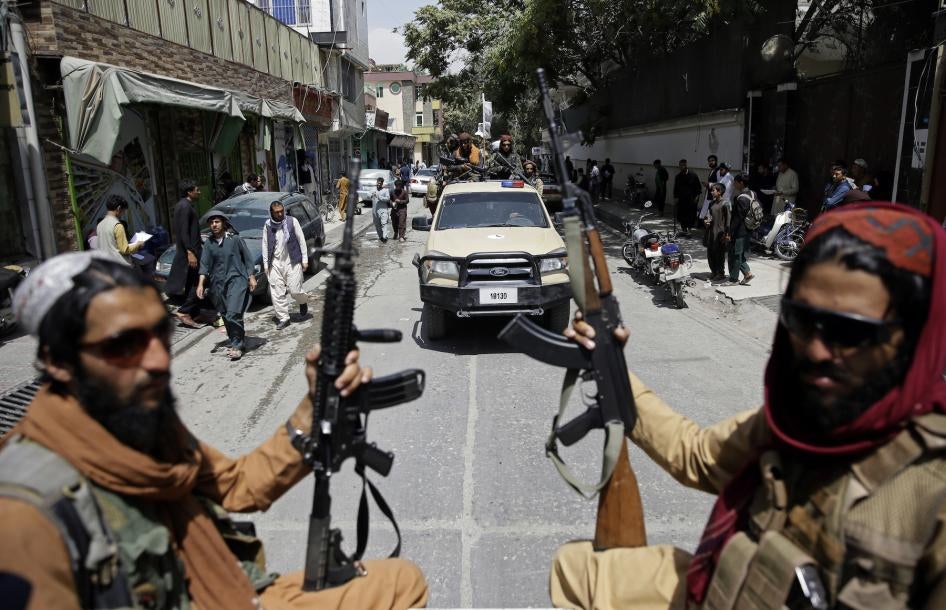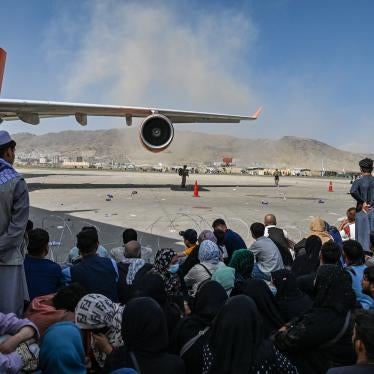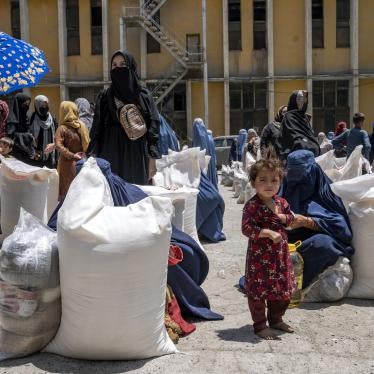A new United Nations report on extrajudicial killings in Afghanistan under the Taliban makes for very grim reading. The report confirms fears about the Taliban’s treatment of the former government’s security force personnel.
After the Taliban took control of Afghanistan in August 2021, its forces carried out revenge killings and enforced disappearances of former police, army, and intelligence officers. Two years later, such grave violations have not stopped.
The United Nations Assistance Mission in Afghanistan (UNAMA) found that the majority of killings and disappearances of former Afghan National Defense and Security Forces (ANDSF) took place in the four months immediately following the Taliban takeover. During that period, UNAMA documented 148 extrajudicial killings. UNAMA has documented another 70 extrajudicial killings taking place between January 1 and December 31, 2022, and has continued to document such incidents through 2023. On May 17, Taliban security personnel shot and killed a former Afghan army soldier in Takhar province.
The Taliban have also arbitrarily detained former ANDSF members, providing no basis for their detention and frequently holding them incommunicado. Their families often say they have been given no information as to their whereabouts, or why they are being held. Such cases constitute enforced disappearance under international law, and follow a pattern Human Rights Watch has documented. UNAMA cites a recent case in which the family of a former soldier visited numerous detention facilities in Paktya province trying to locate him. After three months, the Taliban returned his body to them.
The UNAMA report also highlights the case of Alia Azizi, the former head of the Women’s Prison in Herat, who disappeared in October 2021 after Taliban authorities told her to return to her job, and remains missing.
According to the report, Taliban officials have attempted to dismiss these killings and disappearances as based on “personal enmity or revenge” and to downplay the numbers. While they claim to have held their personnel accountable for violations, they have not made public the results of any investigations or punishments.
Upon taking power, the Taliban leadership promised amnesty to former security force members, but this has not stopped local commanders from carrying out revenge attacks. The burden is on the Taliban leadership to prevent further killings, hold those responsible to account, and compensate the victims’ families.










